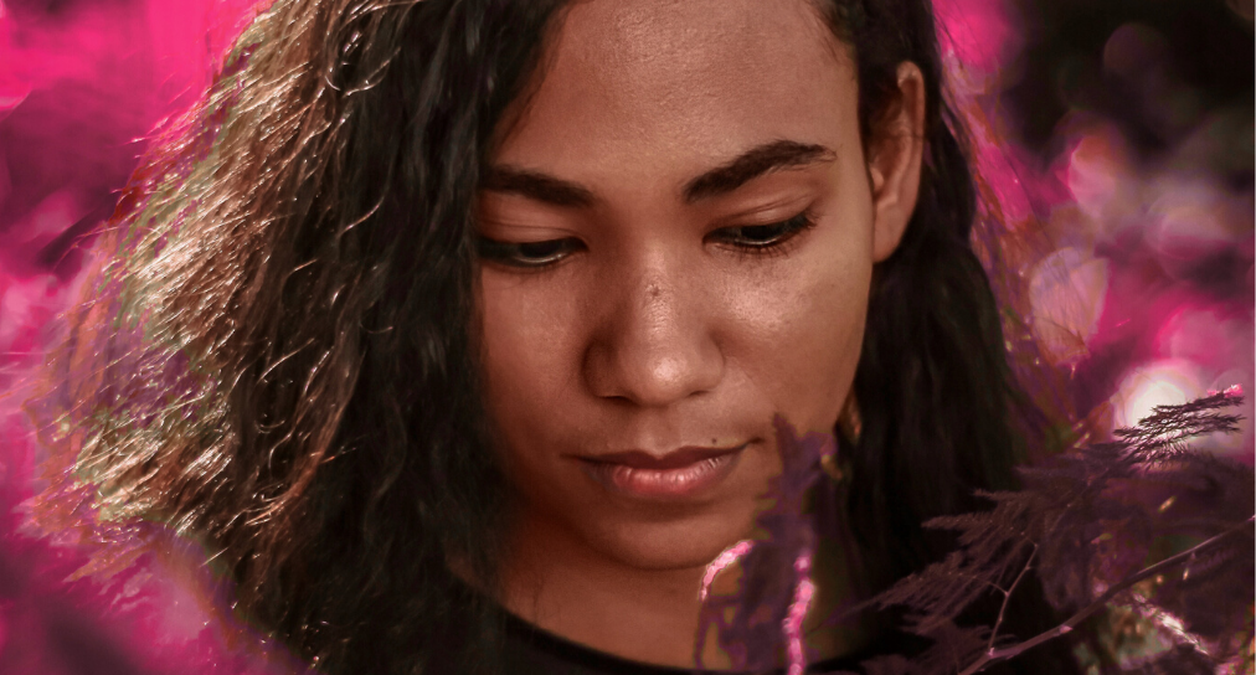
For many of us, the Coronavirus pandemic has brought problems in our lives into sharp focus. For girls and young women already feeling cut off or overlooked, this period has magnified the challenges they face.
‘Social distancing’ has explicitly asked us to keep apart. To avoid one another, not to gather together, form large groups or go to the kind of places that provide us with social support and contact.
For many of the girls and young women Agenda hears from, the challenges they have faced growing up – domestic abuse, mental health problems, poverty - can already leave them feeling isolated, abandoned, and not knowing where to turn for the help they need.
Early experiences of being hurt or let down by family, excluded from school or repeatedly moved between care placements, can be deeply unsettling. Sometimes, when help or interventions do come, these can lead to them feeling further disconnected from the lives they knew. Even when the environment they were living in before was tough, being torn out of it can be even harder, as Sheena told us:
"All my friends are in [my city]… like as much as like I didn’t get along with my family and whatever else, all my friends, everything I knew - I know every street in [my city], I know how to get [every]where."
Children facing greater disadvantage and poverty report feeling lonelier than others; 27.5% of children aged 10 to 15 who received free school meals said they were “often” lonely, compared with 5.5% of those who did not. And as they get older, girls report loneliness at higher rates than boys. Only a third of young women aged 16 to 24 say that they “hardly ever or never” felt lonely, compared with nearly half of young men.
Feelings of loneliness are likely to be exacerbated for young women with other marginalised identities, including LGBTQ girls or Black, Asian and ethnic minority young women, for whom loneliness may also be associated with experiences of discrimination. In the context of events such as the tragic deaths of George Floyd and Belly Mujinga, and subsequent Black Lives Matter protests, it is likely that reminders of the grave inequalities some groups of minoritised young women face could leave them feeling particularly isolated.
There can be stigma or embarrassment associated with admitting to feeling lonely. For young women already facing social stigma – perhaps relating to being a young mum, being in trouble with the police or experiencing problems at home – the shame they might feel may stop them from describing how they really feel.
Being hurt or having their trust betrayed by those meant to love them - like family or intimate partners - can leave young women traumatised and have a profound impact on their ability to trust others. Which is why – when young women need help - being able to develop positive trusting relationships with adults and peers is critical. And why having had limited access to that kind of support during lockdown has been even harder for some.
Rebecca, who was exploited as a teenager by people she thought of as her friends, told us about the importance of being able to get support from a specialist young women’s service, and how vital this was to combating her isolation.
"I’m 26 now but I still need support. I’ve got no family support and no friends really, so the support workers here are the only support I’ve got."
The government recognises loneliness as a condition that should and can be challenged. This acknowledges some of the ways in which women might be affected – as carers, if they face language barriers, or if they’re in prison and separated from family. But this doesn’t go far enough to understand the specific challenges younger women might face.
Too little attention is given to the reality of young women’s lives, particularly for girls who are most marginalised and too quickly overlooked. Which is why Agenda has launched Girls Speak to hear more from young women and the services supporting them, to help develop a better understanding of the challenges girls face and find solutions to improve their lives.
We know that young women themselves hold many of the solutions to the problems they face – like getting the support they need to combat the loneliness they can face - and we look forward to continuing to hear from young women like Sheena and Rebecca as we do so.
To find out more, or to be part of Girls Speak please contact jessica@weareagenda.org or see https://weareagenda.org/girlsspeak/
Jess Southgate is Interim CEO of Agenda, the alliance for women and girls at risk. We exist to ensure that women and girls at risk of abuse, poverty, poor mental health, addiction, homelessness and contact with the criminal justice system get the support and protection they need.